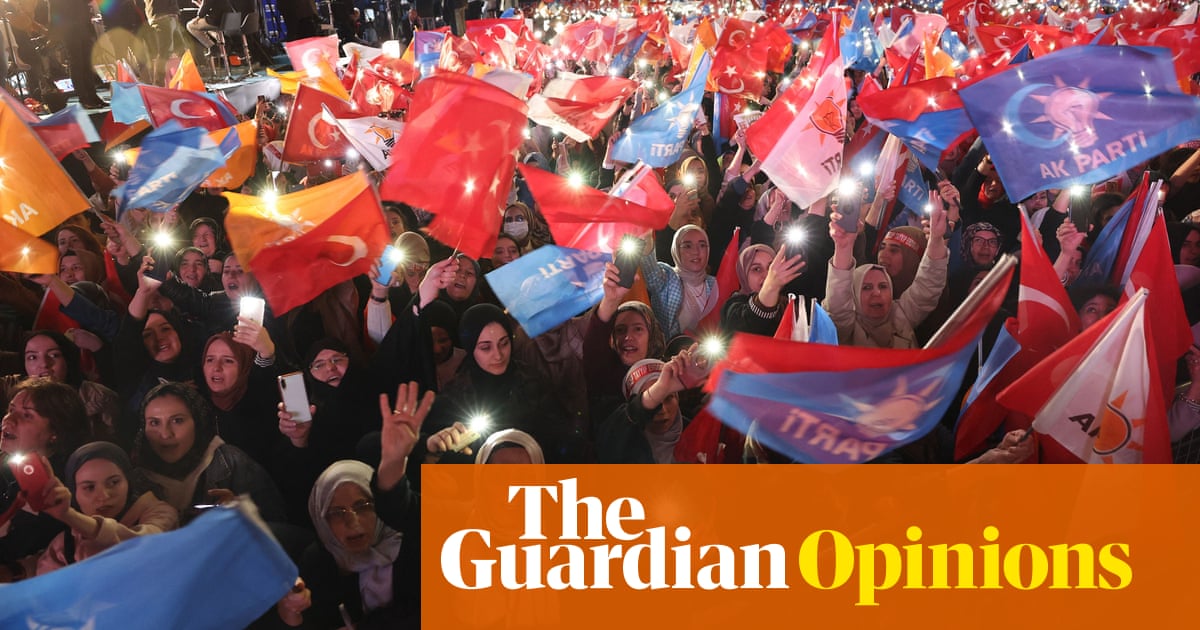
I have found through my constant exposure to them through the years that the EU’s intellectual cheerleaders among geopolitical analysts — funded as they so often are by the very institution they are supposed to be impartially analyzing — are as numerous as they are clueless.
At my political risk firm, the joke goes that if Brussels is “for” something — entrusting its energy security to the Russians, confidently predicting that Europe will emerge as the dominant superpower in our new era, or ignoring the threat that China poses — we should instinctively bet against them, so often and regularly are they proved mistaken. Beyond the mirth, there are two concrete reasons EU analysts are so unerringly wrong.
First, the corkscrew way EU cheerleaders reason dooms them from the start. In a sort of Kafkaesque example of magical thinking, they believe that while EU policy success confirms the upward trajectory of Brussels, failure also somehow means the bloc is about to arrive. Success obviously means the EU is headed in the right direction; failure, in a bizarre form of Hegelianism, means Brussels will inevitably “learn” from whatever it has done wrong, immediately and rationally make the necessary corrections, and move onward unto sunlit uplands. As ever with wish-fulfillment, these cheerleaders fool no one so much as themselves.
Their second major intellectual mistake is to confuse analysis with what they would like to happen. Brussels advocates invariably tout the death knell of populism, the EU’s sworn enemy, because across Europe it embodies the very things Brussels most hates — it is nationalistic, suspicious of experts, and democratic rather than elite-driven.
So, EU cheerleaders excitedly (but wrongly) thought European populism would be extinguished as a result of the pandemic crisis, when the vital need for the supremacy of technocrats became self-evident (at least to them). Instead, these experts were proved wrong time and again — from vastly overstating the efficacy of lockdowns, to the quasi-religious primacy of mask-wearing, to wholly subordinating economic, social and democratic rights, all in the myopic service of a health dictatorship.
Next, with the invasion of Ukraine, these same experts felt populism would come to an end, because the overriding imperative of international cooperation (a supposed strength of Brussels) over the conflict was self-evident. Once again the EU’s cheerleaders got it wrong, while populists learned the realist lesson that a country’s specific national and geostrategic interests are paramount; plus actually having an army — neither of which are policy areas in which the EU is anything other than a pipsqueak.
What did Italy’s newly victorious Giorgia Meloni do, even before coming to power, that so threatens the Brussels establishment?
Dr. John C. Hulsman
Recent political facts confirm my political risk call, rather than that of my cheerleader foes. In Sweden, the rightist populist Sweden Democrats, rather than disappearing as most EU analysts had confidently predicted, now hold the balance of power. Even more importantly, last week in Italy there was an overwhelming populist rightist electoral victory over the remnants of the Brussels-installed center-left political establishment. One of the great powers of Europe, contrary to the fever-dream of the EU’s favored pundits, decisively elected a government deeply skeptical about the very nature of Brussels itself.
Of course, confronted by the imminent election of a government not to its tastes, the EU’s authoritarian visage, so often hidden behind banal verities about its innate goodness, became plain for all to see. Just a week before the Italian election, a grim European Commission President Ursula von der Leyen, referencing serial troublemakers Poland and Hungary, threatened that Brussels had “the tools” to deal with wayward members not content to sing along with the EU’s supranational, elite-driven hymnal.
What did Italy’s newly victorious Giorgia Meloni do, even before coming to power, that so threatens the Brussels establishment? Or, to put it another way, what explains the meteoric rise of her rightist populist Brothers of Italy party from 4 percent of the vote in 2018 to a dominant 26 percent now? First and foremost, Meloni crucially decided to stay out of the EU-imposed government of national unity run by Brussels darling Mario Draghi, which managed to last for only 18 storm-tossed months.
Meloni proved to be highly effective in opposition, artfully questioning whether Draghi’s authoritarian response to COVID was serving basic democratic ends, given his habitual governing by authoritarian decree rather than the usual parliamentary process. As ever, biography proved to be destiny; Draghi, a technocrat to his fingertips, thought the pandemic crisis too important to be left to the vagaries of democratic scrutiny. Meloni brilliantly made her commitment to democracy (despite the present hyperventilating of the mainstream media) abundantly clear, while yet another unelected, Brussels-imposed prime minister ignored any shred of democratic practice.
Second, this Brussels-imposed elite (incredibly, Meloni will be Italy’s first elected prime minister since the odious Silvio Berlusconi was ousted by the EU in 2011) has utterly failed at the policy level. Extraordinarily, Italian GDP per capita is lower now than it was before the country adopted the euro in 1999. This lost economic generation is only a few years away from irrelevance, more likely to end up a crumbling, irrelevant Greece than to emerge as the new Germany.
In just practical terms, EU tutelage has been an absolute disaster for Italy, and for a long while. It is little wonder its citizens have revolted against its EU-shackled establishment.
• John C. Hulsman is the president and managing partner of John C. Hulsman Enterprises, a prominent global political risk consulting firm. He is also a senior columnist for City AM, the newspaper of the City of London. He can be contacted via johnhulsman.substack.com.
Disclaimer: Views expressed by writers in this section are their own and do not necessarily reflect Arab News" point of view












